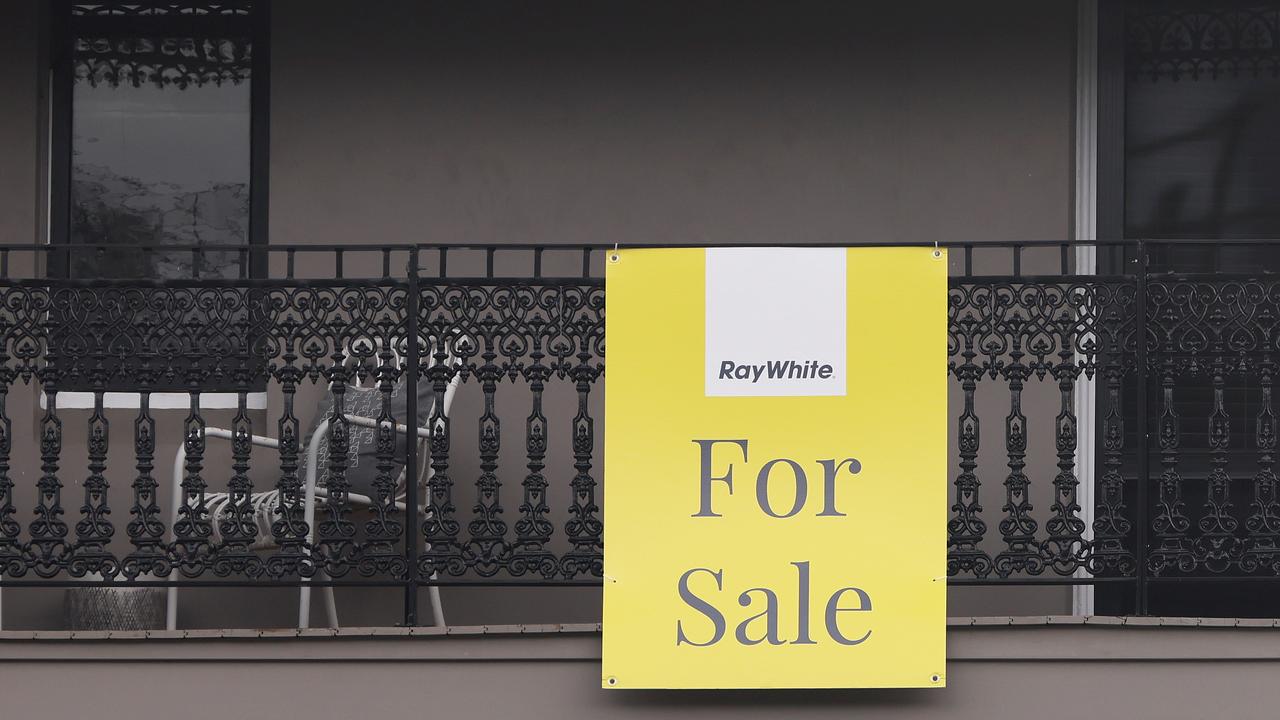Shares beat Dubai jitters
INVESTORS scrambled back into the share market yesterday, as fears about Dubai's debt problems subsided.
INVESTORS scrambled back into the share market yesterday, pushing the ASX 200 2.8 per cent higher as fears about Dubai's debt problems subsided.
The betting on a historic third consecutive interest rate rise today also increased, while a deluge of economic news revealed Australia's economy is on the mend.
However, economists and market watchers warned there was little room for complacency, saying that while Dubai's problems were unlikely to hurt Australia the global economy could face more setbacks in the new year.
High-profile Morgan Stanley economist Gerard Minack said investors should be prepared for more volatility.
"We think the (Dubai) setback in equities is the most serious since developed markets bottomed in March," he said in a report.
"Our hunch is that equities can have one more run higher, but what's happening now is, we think, a warning of what's in store at some stage in 2010."
However, the mood on Asian markets was upbeat yesterday with investors recovering most, if not all, of the losses incurred last week by Dubai's debt revelations.
The Australian dollar also rebounded, adding more than US2 to US91.53 in Sydney trade.
The improved sentiment came as betting by financial markets on a 25-basis point rate rise jumped from 45 per cent to 60 per cent.
Such a move would be history-making as the RBA has never before raised rates three months in a row.
Economists said there was nothing in yesterday's economic news to make the RBA hold its fire on the cash rate.
The Australian Bureau of Statistics revealed that, while company profits fell 2.1 per cent in the third quarter, businesses were starting to restock their shelves, with inventories rising 0.8 per cent.
RBA figures showed total private sector credit was flat in October, with annual growth falling to just 1.1 per cent for its slowest annual growth since 1993.
Housing credit, however, was up 0.7 per cent in the month, a result backed up by RP Data-Rismark figures which showed the national median house price jumped 1.4 per cent in October for a 10-month gain of 10 per cent.
And the TD Securities/Melbourne Institute monthly inflation gauge also revealed prices rose by 0.3 per cent in November, for an annual increase of 2.1 per cent.
"(Today's) decision is about the cash rate still being too low for an economy that has surprised even the more upbeat expectations with its recent performance," said JP Morgan chief economist Stephen Walters.



